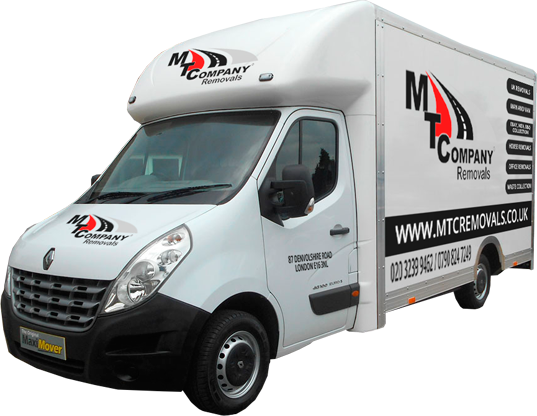Key Challenges in Transportation Management System (TMS)
764
0
·
2023/08/22
·
2 mins read
☕
WriterShelf™ is a unique multiple pen name blogging and forum platform. Protect relationships and your privacy. Take your writing in new directions. ** Join WriterShelf**
WriterShelf™ is an open writing platform. The views, information and opinions in this article are those of the author.
Article info
Categories:
⟩
⟩
Tags:
Total: 469 words
Like
or Dislike
More from this author
More to explore










The Transportation Management System (TMS) is at the core of modern logistics and supply chain operations. As businesses expand and supply chains become more intricate, the challenges in managing a Transportation Management System grow too. This guide will delve into the key challenges within the Transportation Management System and offer actionable insights to address them.
Introduction to Transportation Management System (TMS)
A Transportation Management System Software is essential for planning, executing, and optimizing the movement of goods. This platform offers a range of functionalities but also presents certain challenges that organizations must overcome to ensure efficiency.
1. Integration with Existing Systems in Transportation Management System Software
The challenge of integrating a TMS with existing ERP, inventory management, and other logistics frameworks can lead to operational inefficiencies and obstruct real-time data sharing.
2. Real-time Visibility and Tracking in TMS
The Transportation Management System must provide real-time visibility and tracking to manage shipments effectively. The absence of these features can lead to delays and increased costs.
3. Compliance and Security within TMS
Ensuring compliance with regulations and security protocols is a consistent challenge in a Transportation Management System. Missteps in this area can result in legal troubles, fines, and reputational damage.
4. Cost Optimization in Transportation Management System
A common challenge in Transportation Management System is the effective management of various costs, including fuel, labor, and maintenance. Success here requires precise data and strong analytical tools.
5. Scalability and Flexibility of Transportation Management System
A Transportation Management System must be scalable and flexible to adapt to fluctuating demands and market trends. This adaptation is vital to meet changes in customer needs and technological advancements.
Frequently Asked Questions
1. What is a Transportation Management System (TMS)?
A TMS is a logistical platform that enables businesses to plan, execute, and optimize the movement of goods, encompassing route planning, freight optimization, and real-time tracking.
2. How can Integration Challenges in Transportation Management Systems be Overcome?
Integration in Transportation Management System can be achieved through custom solutions, APIs, or middleware platforms.
3. What are the Benefits of Real-time Tracking in Transportation Management Software?
Real-time tracking in Transportation Management Software enhances decision-making, customer satisfaction, and cost reduction.
4. How can Compliance be Ensured in the Transportation Management System?
Ensuring compliance in the Transportation Management System requires understanding regulations, implementing security protocols, and utilizing compliance management tools.
5. What are the Best Practices for Cost Optimization in Transportation Management Systems?
Cost optimization in Transportation Management Systems includes route optimization, data analytics, automation, and continuous performance monitoring.
Conclusion
The challenges in the Transportation Management System are intricate but not impossible. With the right strategies and understanding, these challenges can be navigated successfully. This guide provides a robust foundation to understand and overcome the complexities within the Transportation Management System Software, facilitating a more resilient and efficient logistical operation.